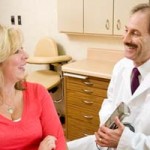Dealing With Bad Breath
 Bad breath can put a serious damper on your life. Bad breath affects a great deal of the U.S. population – with some aware of the issue who are embarrassed by it and others who are unaware of the issue until it is brought to their attention. Because most causes of bad breath originate inside the mouth, it is very important that you visit your dentist to determine a successful way to handle your unpleasant issue. When it comes to troubling dental issues, dealing with bad breath is one that can typically be easily improved by avoiding certain things and increasing a few oral health care habits.
Bad breath can put a serious damper on your life. Bad breath affects a great deal of the U.S. population – with some aware of the issue who are embarrassed by it and others who are unaware of the issue until it is brought to their attention. Because most causes of bad breath originate inside the mouth, it is very important that you visit your dentist to determine a successful way to handle your unpleasant issue. When it comes to troubling dental issues, dealing with bad breath is one that can typically be easily improved by avoiding certain things and increasing a few oral health care habits.
- Avoid odorous foods and beverages. One of the first steps to take in dealing with bad breath is to avoid foods and beverages that are known to cause bad breath. Onions, garlic, cheeses, coffee, and alcoholic beverages are the most commonly known culprits of bad breath. Not only do they all have a strong smell on their own, but they leave residue inside your mouth; therefore, every time you exhale you are releasing these odors out into the air around you. Avoiding these foods and beverages as much as possible is the best way to help your bad breath. But when that is not feasible, keeping a toothbrush and toothpaste handy so that you can brush your teeth following consumption, or using a strong mouthwash after eating, can help to combat your bad breath.
- Stop tobacco use. All tobacco products are not only harmful to your oral and general health, but they also cause bad breath. Tobacco is another product that has its own strong smell, and using tobacco products not only leaves the smell inside your mouth, but it causes damage to your teeth and gums that exacerbates the odor.
- Keep yourself hydrated. Dry mouth is another culprit of bad breath. Your mouth needs saliva to help wash away plaque from the mouth. When not enough saliva is produced, plaque will build up quickly on the teeth. Because plaque is made up of bacteria and acids, it will significantly contribute to bad breath.
- Practice good oral hygiene. Practicing good oral hygiene habits is the most important step that you can implement to combat bad breath. Brushing your teeth at least twice a day and flossing daily go a long way in keeping your mouth clean and fresh. Brushing and flossing remove bacteria-laden plaque from the mouth and, when done right after a meal or drink, can eliminate most odors caused by foods and beverages. Making your oral hygiene habits a priority, and increasing them when necessary, will go a long way in dealing with bad breath.
- Clean your oral appliances. If you wear any type of oral appliance (e.g. retainer, Invisalign® aligners, dentures, partial dentures, etc.) it is essential that you implement proper maintenance to keep them clean. All oral appliances should be cleaned at night and any time that they are taken out of the mouth and are going to be placed back inside the mouth. Oral appliances are notorious for harboring foul odors because they easily hang on to particles inside the mouth.
- Visit your dentist on a regular basis. Your dentist is your number one advocate in dealing with bad breath. Regular cleanings and checkups will help to ensure that there is not a buildup of plaque or damage occurring inside the mouth that is causing your bad breath. Bad breath that is not directly caused by odorous foods, beverages, or tobacco products can be a side effect of certain medications or a health concern that should not be ignored.
Posted on behalf of
1820 The Exchange SE, #600
Atlanta, GA 30339
Phone: (770) 953-1752
FAX: (770) 953-6470
Mon - Thu: 8:30 AM – 5:30 PMClosed for lunch: 12:30 PM - 1:30 PM









